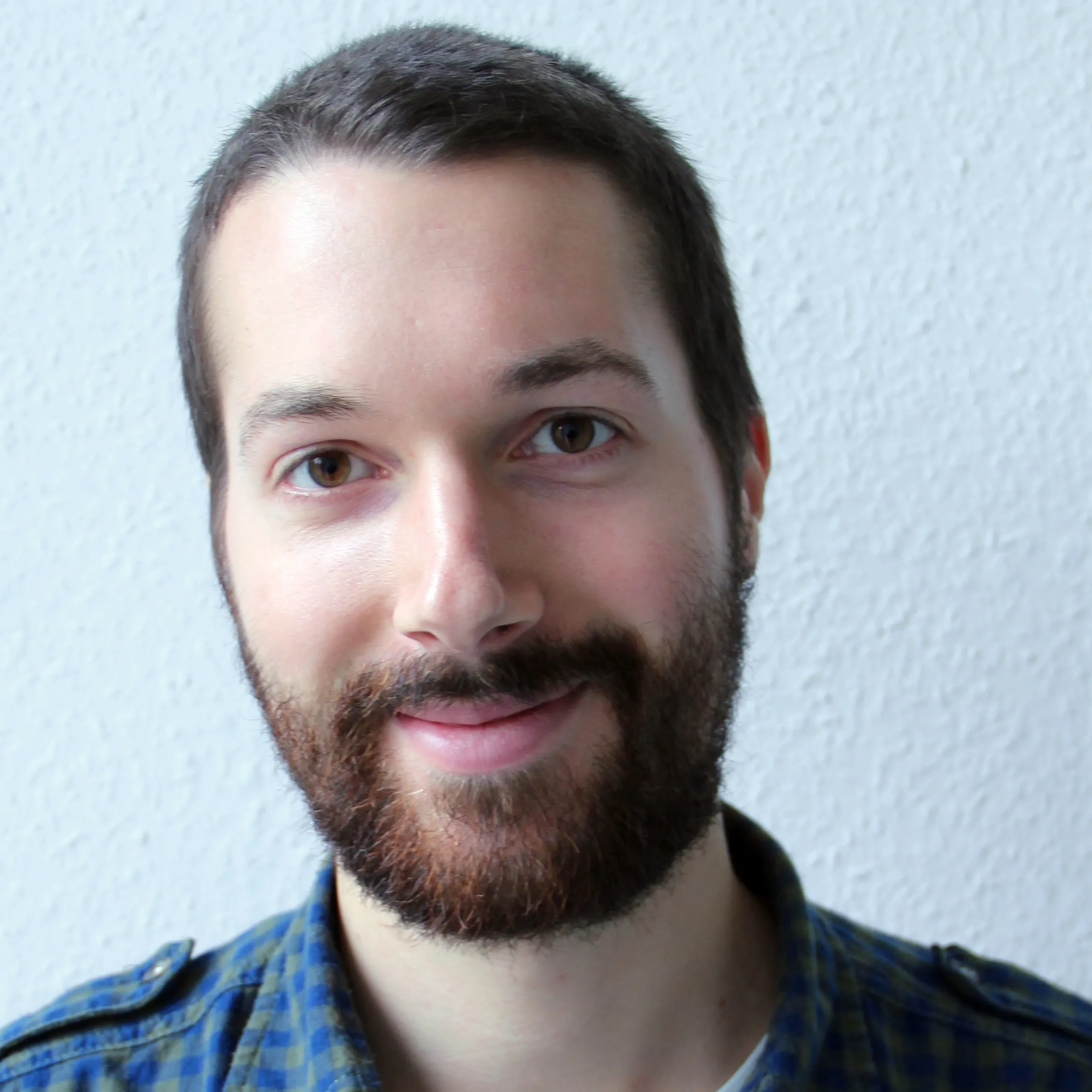Newly Synthesized Proteomes with Toman Borteçen
The Intelligent Infusions Recap
In the Northern Hemisphere, Summer is in full swing again and many people take some time off for well deserved vacations. However, this is no reason to slacken our efforts to offer you an exciting masterclass this month as well. So for July, we were honored to welcome Toman Borteçen from the German Cancer Research Center. He is part of the "Proteomics of Stem Cells and Cancer" division under the leadership of Prof. Krijgsveld at the DKFZ and he is presently working on his doctoral thesis.
His research is focused on the development of quantitative proteomic methods and their application for the study of protein synthesis. The main goal of his ongoing PhD project is investigating the regulatory mechanisms of mRNA translation in cancer cells.
In our daily lives, we are exposed to an infinite number of external stimuli every day. These can be quite banal stimuli such as strong sunlight, friction, or disease. What all these stressors have in common, however, is that our proteome adapts to them each time anew and must therefore control this remodeling very precisely. At the beginning, Borteçen therefore highlights the importance to analyze these newly synthesized proteomes to gain valuable insights into inital proteome remodeling.
In the following he presented his so-called QuaNPA workflow, which allows the semi-automated analysis of a much higher number of NSP samples (up to 96) at relatively low input quantities. Combined with SILAC plexDIA, the new workflow allows for significantly improved throughput and greater proteomic depth while maintaining high quantitative precision. Finally, Bortecen also points out that all the data was obtained on a device that is already seven years old and that the data quality can be improved even further with devices of newer generations.
Are you also interested in Toman Borteçens findings and what discussions have unfolded following this masterclass? Then just click on the button "Livestream" for the possibility to watch everything again at any time.
His research is focused on the development of quantitative proteomic methods and their application for the study of protein synthesis. The main goal of his ongoing PhD project is investigating the regulatory mechanisms of mRNA translation in cancer cells.
In our daily lives, we are exposed to an infinite number of external stimuli every day. These can be quite banal stimuli such as strong sunlight, friction, or disease. What all these stressors have in common, however, is that our proteome adapts to them each time anew and must therefore control this remodeling very precisely. At the beginning, Borteçen therefore highlights the importance to analyze these newly synthesized proteomes to gain valuable insights into inital proteome remodeling.
In the following he presented his so-called QuaNPA workflow, which allows the semi-automated analysis of a much higher number of NSP samples (up to 96) at relatively low input quantities. Combined with SILAC plexDIA, the new workflow allows for significantly improved throughput and greater proteomic depth while maintaining high quantitative precision. Finally, Bortecen also points out that all the data was obtained on a device that is already seven years old and that the data quality can be improved even further with devices of newer generations.
Are you also interested in Toman Borteçens findings and what discussions have unfolded following this masterclass? Then just click on the button "Livestream" for the possibility to watch everything again at any time.

TOMAN BORTEÇEN
German Cancer Research Center (DKFZ)
ProteomicsA semi-automated workflow for the quantitative analysis of the newly synthesized proteome
KEY TAKEAWAYS
- Quantitative analysis of newly synthesized proteins provides insights into cellular responses to signalling events on rapid time scales
- Through the use of novel magnetic alkyne beads, the enrichment of newly synthesized proteins can be performed with a semi-automated protocol using 10-fold lower input.
- Multiplexed data-independent-acquisition (plexDIA) LC-MS analysis of heavy isotope labelled samples, greatly increases protein identifications while preserving high quantitative accuracy.
- Using the integrated workflow, well characterized changes in protein synthesis, can be quantified after only 2h treatments of cells.
HIS RESEARCH
Toman Borteçens research is focused on the development of quantitative proteomic methods and their application for the study of protein synthesis. The main goal of his ongoing PhD project is investigating the regulatory mechanisms of mRNA translation in cancer cells.
RECENT PUBLICATION: An integrated workflow for quantitative analysis of the newly synthesized proteome
KEYWORDS: Proteomics; Automation; Click-chemistry; Cell signalling
KEYWORDS: Proteomics; Automation; Click-chemistry; Cell signalling
Upcoming session
Our next session features Dr. Samar Damiati from the University of Sharjah (U.A.E.). She will be talking about synthetic bioarchitectures and nanobiotechnology, as well as artificial cell membranes and how to build them up from scratch. Register now if you are interested in learning more about her work and the research of the Department of Chemistry at the University of Sharjah.


